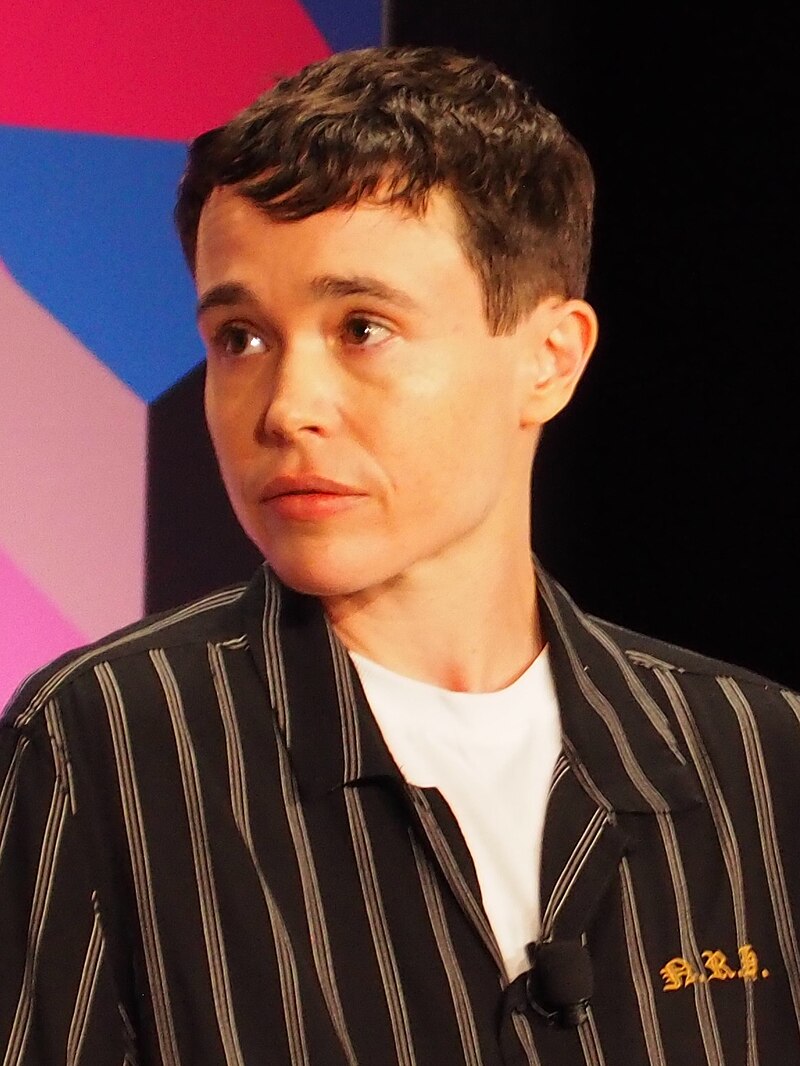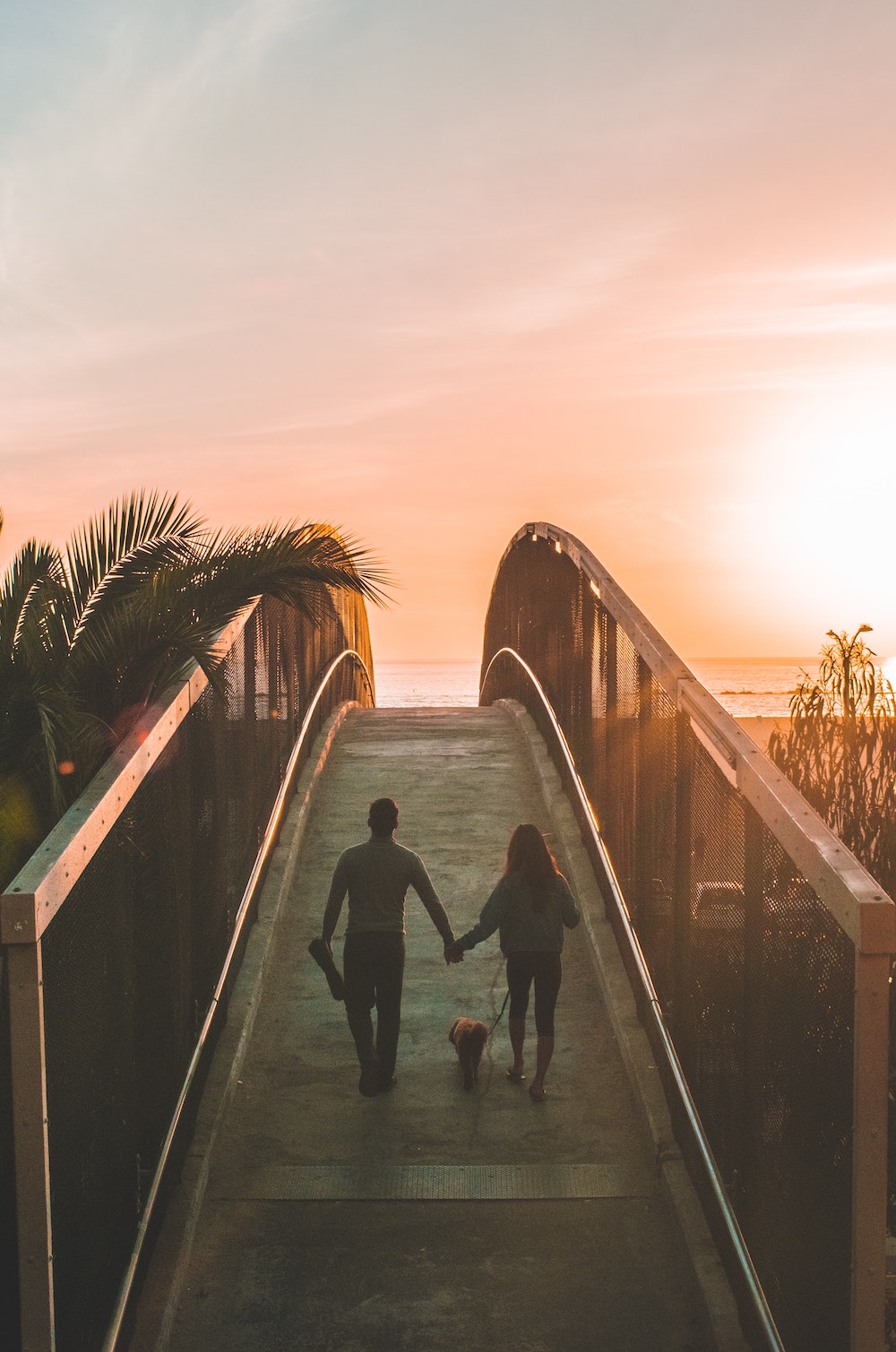As a daughter of Kabyle immigrants living in France, I had the chance to discover both French and Algerian culture through food. I always find myself intrigued by the differences although I was also conflicted, during my childhood, between what I ate at home and what I enjoyed outside—whether it was at school cafeteria or at friend’s gatherings. French food always came with a dairy product—a slice of cheese maybe with some fresh bread—and sometimes a main dish with meat or fish and some vegetables.
On the opposite side, I noticed that Kabyle food was filled with a bunch of veggies and when I went to Algeria, visiting my grandma, I saw that most of the dishes she served us were plant-based.
It’s interesting how, back in the day, most of our parents always had this one story to share about how difficult their life conditions were and, for my parents, how hard it was to even have hearty full meals a day. For instance, My dad always told us how lucky we were, me and my siblings, whenever we enjoyed dairy and meat products on the table. I remember specifically him telling us how expensive meat, butter, and even store-bought milk was in Algeria in the 70s.
During his childhood, the only time he got the chance to eat butter was when a neighbor had a cow; if not, he ate goat butter. After that, I thought that I was going to feel bad about my privilege but I actually didn’t feel guilty for my dad. In fact, my dad wasn’t even feeling sad—maybe nostalgic—about his childhood. I understood this whenever I visited my grandma. They lived in a small village where everybody knew each other. She always brought me with her whenever she was cooking at the old small house made out of “terracotta” behind our yard. She cooked the most delicious, hearty, full of flavors, dishes there and what surprised me more was that she didn’t need many ingredients: veggies, semolina—if baking Kabyle bread—and olive oil. That was all. I was so amazed and even felt honored trying her homemade food cooked from scratch. Simple but yet so good. My family was happy with this lifestyle and my dad never complained and always felt grateful for what my grandma gave him. It was a loving, meaningful and healthy lifestyle for them.
This is when I became more self-conscious about my eating habits and the society I live in. We live in an over-consuming society yet we struggle to maintain a healthy lifestyle. I struggled as well.
I first heard of veganism in high school, when I went vegetarian with my friend because we saw some random documentary about the meat industry. Yet, I didn’t understand vegan people. They were crazy to me honestly and I always asked myself : “how could they stop eating dairy ?” ”where do they get their protein if they don’t eat eggs?” “aren’t they gonna die without milk for their bones?” Ah…Teenage years…
However, the more I was aware of the vegan movement around the world, the more I remembered my grandma. Hey! She didn’t need any animal products to survive. She was fine in her small house eating her favorite veggies!
So I went further and educated myself about veganism and the vegan lifestyle. Just like many of us, I saw a number of documentaries about how the dairy and meat industry tried to fool us into thinking we needed an animal-based diet to survive. It was not necessary. So I gave it a shot, I went vegan. That was the best decision I ever made.
In fact, going vegan changed my relationship with food. First of all, I wasn’t the type of person to enjoy food but just to eat it so I could survive. It was like a task to get rid of on my to-do list.
When I graduated and entered adulthood, I started having a hard time dealing with binge-eating disorder and sometimes I was also starving myself.
One day, when I almost fell out of exhaustion, I told myself I couldn’t keep it up, I had to do something and this is when I started cooking.
Like real hearty meals.
Not my pasta filled with cheese—my go-to meal really—as a vegetarian teenager.
That’s when I was really grateful for being part of my dad’s heritage because even though my grandma was not here in France, we mostly ate Kabyle food at home thanks to my sister’s cooking skills. So veggies weren’t so hard to include in my new vegan meals later on. Whenever we cooked couscous now, for example, my sister started giving me a small pot of my own meat-free sauce if the recipe included lamb but, most of the time, couscous was vegan-friendly: with a vegetable sauce, with pumpkin broth, or simply mixed with steamed veggies .
My sister learned it from my mother, who learned it herself from my grandma. I wanted to learn too. I had to cook for my health but at the same time I really wanted to learn these traditional recipes. Cooking for me wasn’t as boring and difficult as it was when I was a teenager anymore. When I was in Algeria for vacation, seeing my grandma cooking was a delightful experience: it’s as if she gave all her soul and intentions to the food. And I wanted to experience that again. The thing that kept me motivated as well was my best friend ; she became vegan before me and gave me the drive to experience what I was craving for. Sharing. Enjoying food. All of this with your loved one. Just like my grandma with us.
As I gave a new meaning to the food I put in my mouth, I noticed drastic changes. I was not binge eating as much as before. I’m not gonna lie, even on a vegan diet, binge eating happens from time to time but not as much as before. I felt better. It was a relief to me because I used to binge eat on a daily basis and I felt so much guilt from it.
I also noticed the changes physically: less tired, a better skin, I was less bloated as well. Ironically, I didn’t have anemia anymore. I felt more energized.
I also felt better emotionally. I think we underestimate the link between mental health and our food habits. Of course, changing our diet is not going to cure mental health issues but I believe it can improve some of it. It helped me to feel better about myself because I wasn’t doing any harm to my body anymore: not deprived of food, not exhausted, it became healthier, stronger.
Whenever I have a meal, I feel as if my grandma cooks it for me: I feel good, full and so grateful to enjoy the food I cooked for myself with so much fun. Just like my grandma loved sharing her recipes with us, I shared what I was learning as a vegan newbie to my best friend as well and it really brings me joy.
Moreover, I got interested in Buddhism and as I started getting into spirituality in general, being vegan became so obvious : how could I eat flesh ? Eating something like an animal who suffered and was violently killed didn’t make any sense for me as a spiritual person.
As a vegan living in France, more specifically in Paris, I would say I am lucky when it comes to vegan food here. However, socially, I believe we are way behind other European countries and America. I saw a great evolution in this area but I think we are still close-minded because of how important tradition is here. France is known for its food and most of our dishes aren’t vegan-friendly. French people are really proud of this heritage and can be skeptical when people try to change their daily habits and that includes food. Some have strong opinions and as a Frenchwoman myself, I think it can be complicated to change mentality. Not to make a generality though. Of course compared to when I went vegetarian in 2016, vegan options or even the movement itself grew tremendously. I think the youth is more open to change, I met many young adults going vegan and I didn’t have any struggles to adapt to this lifestyle here. I witnessed the growth over the years and I think it’s getting bigger and bigger for the best.
Get more like this—Sign up for our daily inspirational newsletter for exclusive content!
__
Photo: Sabrina Lounaci; Isaiah Bekkers via Unsplash






